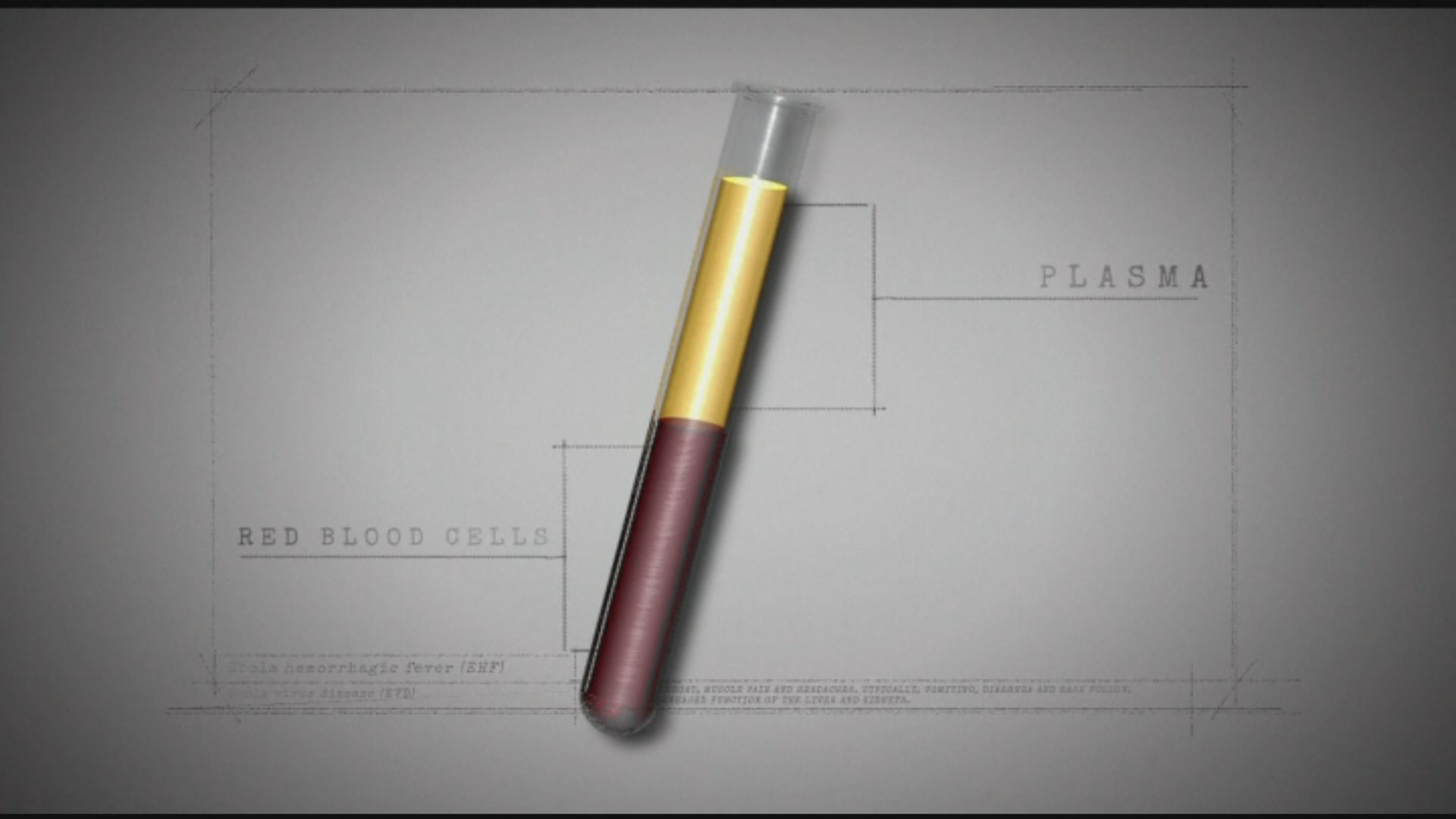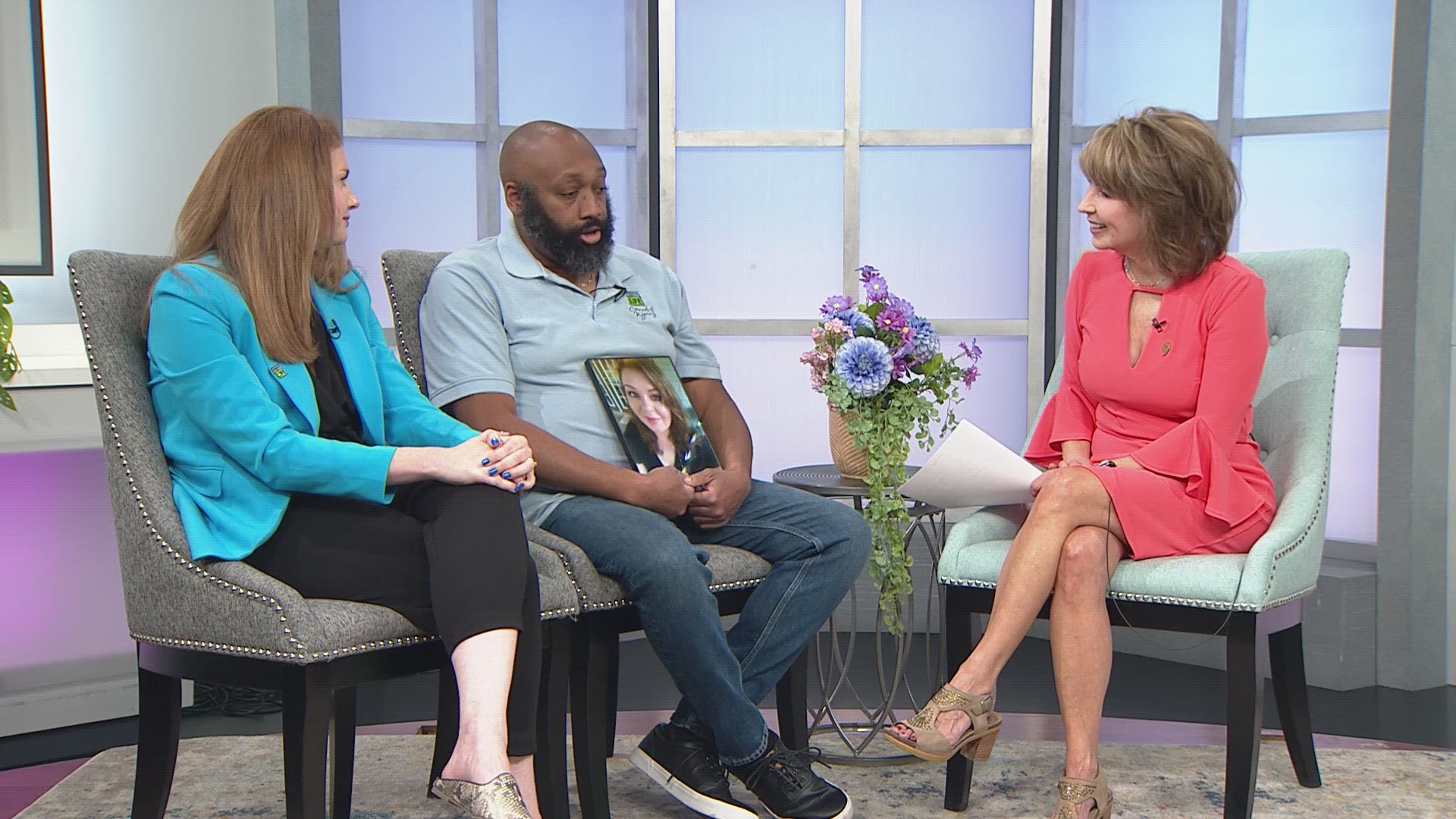![635489261842685155-Still1014-00015 [ID=17287313]](http://www.gannett-cdn.com/-mm-/33d97f8a03d5ea06baca0f7a30eca34c8bd87643/r=500x281/local/-/media/KUSA/None/2014/10/14/635489261842685155-Still1014-00015.jpg)
KUSA- It's potentially life-saving, life blood: Recent survivors of Ebola, like Dr. Kent Brantly, with anti-bodies in their blood stream that can potentially help others with the virus.
"They're basically like your body troops ready to fight, so if you get exposed to this again, they fight them off," said Dr. Michelle Barron, with the division of infectious diseases at the CU Anschutz Medical Campus.
She said those types of transfusions, where antibodies from one virus survivor can help another patient, is a method that's been used to treat other viruses, such as West Nile virus.
"When West Nile virus became prevalent in the United States, it was something that was looked at intently," Dr. Barron said.
Dr. Brantly recovered from Ebola thanks to intensive care, experimental medicine and a blood transfusion from a teenage survivor of Ebola in Liberia. He's given his blood to others who had Ebola, like Dr. Rick Sacra.
"I appreciate Dr. Kent Brantly, my dear colleague and friend, for his willingness to come all the way here to donate his plasma to help in my recovery," Dr. Sacra said.
Just how big of a role in his recovery did the transfusion make? Dr. Barron cautions that more research is needed to see if this type of treatment really does work.
"The data is mixed," she said. "There's certainly some instances where it appears that it seems to really help certain types of diseases. Other diseases that it's been used in, some people get better, some people don't get better and it's not always clear the role this plays in their recovery."
Dr. Brantly has donated about a gallon of blood. While there are limits to how much a person can give, doctors said, in his case, it didn't happen all at once and it's plasma, which they say the body is able to produce quickly.
The other catch in the transfusion treatment is that the patient being treated has to be compatible with the person donating blood for the transfusion. At this point, doctors have not revealed Dr. Brantly's blood type, but he was not a match for Thomas Eric Duncan, the Ebola patient from Liberia, who died in Dallas last week.
(KUSA-TV © 2014 Multimedia Holdings Corporation)


